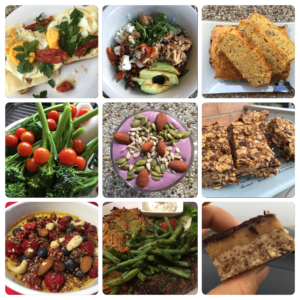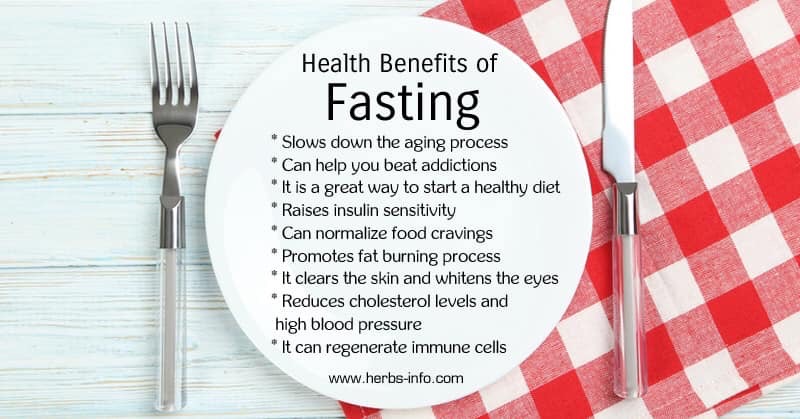Immune boosting solutions
It’s no secret that you are what you eat. Research over the years has shown that a well-balanced diet filled with nutritious foods and supplementation is your strongest defence against chronic and dangerous conditions such as heart disease, obesity and diabetes.
But did you know the foods and supplements you eat can also help you fight illnesses such as the flu? There are certain foods that are known immune system boosters. That means they help your body fight disease.
Let’s take a closer look at your immune system and which foods affect your body’s ability to respond to threats.
What is the immune system?
The immune system is how your body defends itself from threats from the outside world. This complex system of cells, tissues and organs identifies when something has entered your body such as the flu virus. It then triggers an automatic, coordinated response to help you heal, using what is known as your white blood cells.
When your immune system is strong, your body is better prepared to fight off sickness. When your immune system is weaker, you are more likely to get sick.
Given its important role in your health, we need to do what we can to keep the immune system strong.
Keep the immune system strong
While having a healthy immune system is a plus during the season of colds and flu, consider these tips for keeping your immune system strong throughout the year:
- Focus on a balanced eating plan and supplement where needed.
Don’t skip meals, so your body stays well-fuelled. Aim to eat vegetables and fruits daily to provide those immune-boosting vitamins, minerals and antioxidants. Getting these nutrients from foods versus vitamin or mineral supplements is always best. There are great herbal remedies that can support your recovery or protection. And don’t forget fluids. Remember to drink adequate fluids throughout the day. Plain water is great but herbal tonics, herbal teas and greens are fantastic too.
- Crack down on spreading germs.
Good hygiene and hand-washing help prevent the spread of germs. Remember to wash produce before eating or using it in recipes. Clean glasses, forks, spoons and other utensils to reduce the spread and growth of bacteria.
- Increase sleep, reduce stress.
Getting adequate sleep and managing stress can be just as important as healthy eating to prevent the flu. Research demonstrates that lack of sleep and increased stress contribute to illness and overall poor health.
Healthy ways to cope with stress include getting out in nature, meditating, listening to music or journaling. Physical activity is another strategy to manage stress and may reduce the risk of some chronic diseases that can weaken your immune system.
Immune boosting nutrients
These nutrients play a role in immune health:
Beta carotene Beta carotene is found in plant foods, such as sweet potatoes, spinach, carrots, mangoes, broccoli and tomatoes.
Vitamin C Vitamin C rich foods include citrus fruits, berries, melons, tomatoes, bell peppers and broccoli.
Vitamin D Vitamin D is found in fatty fish and eggs. Milk and 100% juices fortified with vitamin D also are good sources.
Zinc Zinc tends to be better absorbed from foods such as beef and seafood, but it’s also found in plant-based sources, including wheat germ, beans, nuts and tofu.
Probiotics Probiotics are good bacteria that promote health. You’ll find them in cultured dairy products, such as yogurt, and in fermented foods, such as kefir and kimchi.
Protein Protein comes from animal and plant sources, including milk, yogurt, eggs, beef, chicken, seafood, nuts, seeds, beans and lentils.



